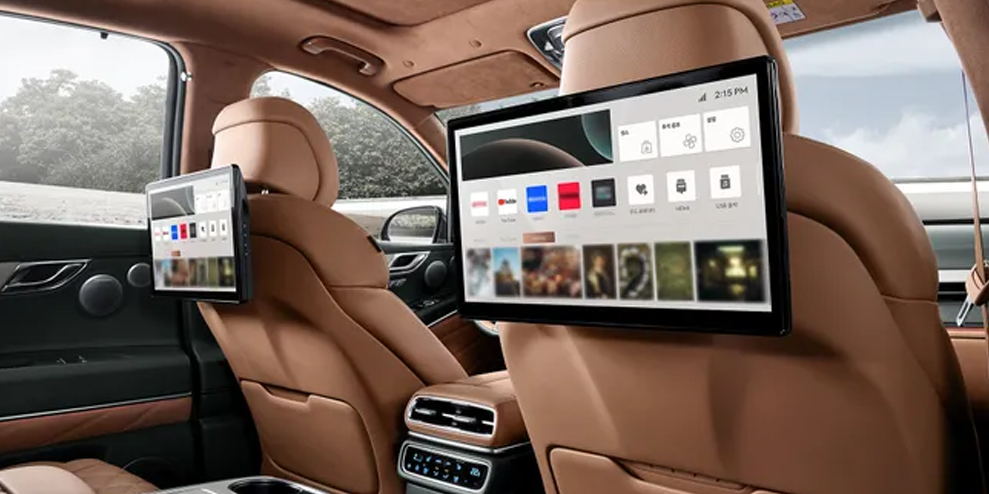Where Does Your Product Fit in the Market?
Say you’re an entrepreneur and your product is getting little traction. You could go back to the drawing board and re-engineer it. It might make more sense, though, to rethink your market, says venture capitalist Alan Chiu.
Bycast, a Vancouver-based company where he worked as director of product management in the mid-2000s used to mainly serve customers who needed help with media-streaming — sending video and audio content in compressed form over the Internet for immediate play. But when that market faded away, the company needed to find a new market. “Time was running out as capital was being burned in the search process,” he recalls.
At the end of the day, you need to build something useful for somebody.
The solution came from an unlikely source: The British Columbia Cancer Agency. With a CD archive of medical images filling many rooms, the institution was finding it increasingly difficult to keep them organized and make them instantly available to authorized doctors and clinicians at healthcare facilities. “That eventually led to the discovery of a market segment around medical imaging and data sharing across multiple locations,” Chiu recalls. By the time Bycast was acquired by NetApp in 2010, its customer base included some of the largest digital content repositories in the world.
Since becoming a partner at XSeed Capital, Chiu has seen many young entrepreneurs engaged in similar struggles to find the right market. During a May 1 interview withStanford Business — following an entrepreneur symposium sponsored by the Center for Entrepreneurial Studies at Stanford Graduate School of Business — he shared some thoughts about how to nail down the fit between product and market.
Find Your Customer
“At the end of the day, you need to build something useful for somebody,” says Chiu, “so one of the first tasks to figure out is, who is that somebody? Who are you really serving and what is the job that they’re hiring you to do?” Look at a product from the customer’s perspective, he says.
Know Your Customer’s World
Product designers usually focus on the user interface first, because it drives the whole user experience. They spend less time thinking about what Chiu calls the application interface: how the product interacts with the existing products your customer is already using. If you can integrate your product or service with those, “you’re more likely to become part of [a customer’s]daily habits.”
Learn How Buyers Discover and Purchase Your Product

Without understanding this process, Chiu says, “you miss out on the opportunity of optimizing the design of your product to be purchased as easily as possible.” At Bycast, for example, Chiu realized that the company was presenting too many choices to its customers, slowing down the sales process. The more data an online retailer requires a user to provide, the less likely the customer is to stay on the site, something Chiu calls the “cognitive cost” of adopting a product.
“So we ended up streamlining the product configuration options and also designing a tool for our sales force so that they could quickly create the right configuration and price point for the customer,” he says.
Stay Lean
Chiu says it’s crucial for startups still figuring out their market to keep their spending to a minimum, and not scale up their operations prematurely. “You have no idea how long the journey is,” he says. Keeping the burn rate low allows more iterations and more market testing, which, he says, will increase the likelihood that you find the right fit for your product.
Be Intellectually Honest — and Adaptable
Entrepreneurs tend to be naturally sunny people, but if they’re optimistic without being brutally honest with themselves, “they’re susceptible to being fooled by noise [that]confirms their own biases,” Chiu says. The best entrepreneurs, he adds, marry conviction with adaptability. “It doesn’t mean they always listen and follow what everybody else is telling them, but they have to be open to new information, new data and new advice around them.”
When You Nail It, You’ll Know
Companies that find just the right market fit for their product tend to see dramatic and rapid growth. “You’ll suddenly see a pickup in the buzz in the industry and customers coming to you, into your pipeline, and revenue just starting to take off exponentially.”
Allen Chu Video
PHOTO: iStock/DrAfter123



